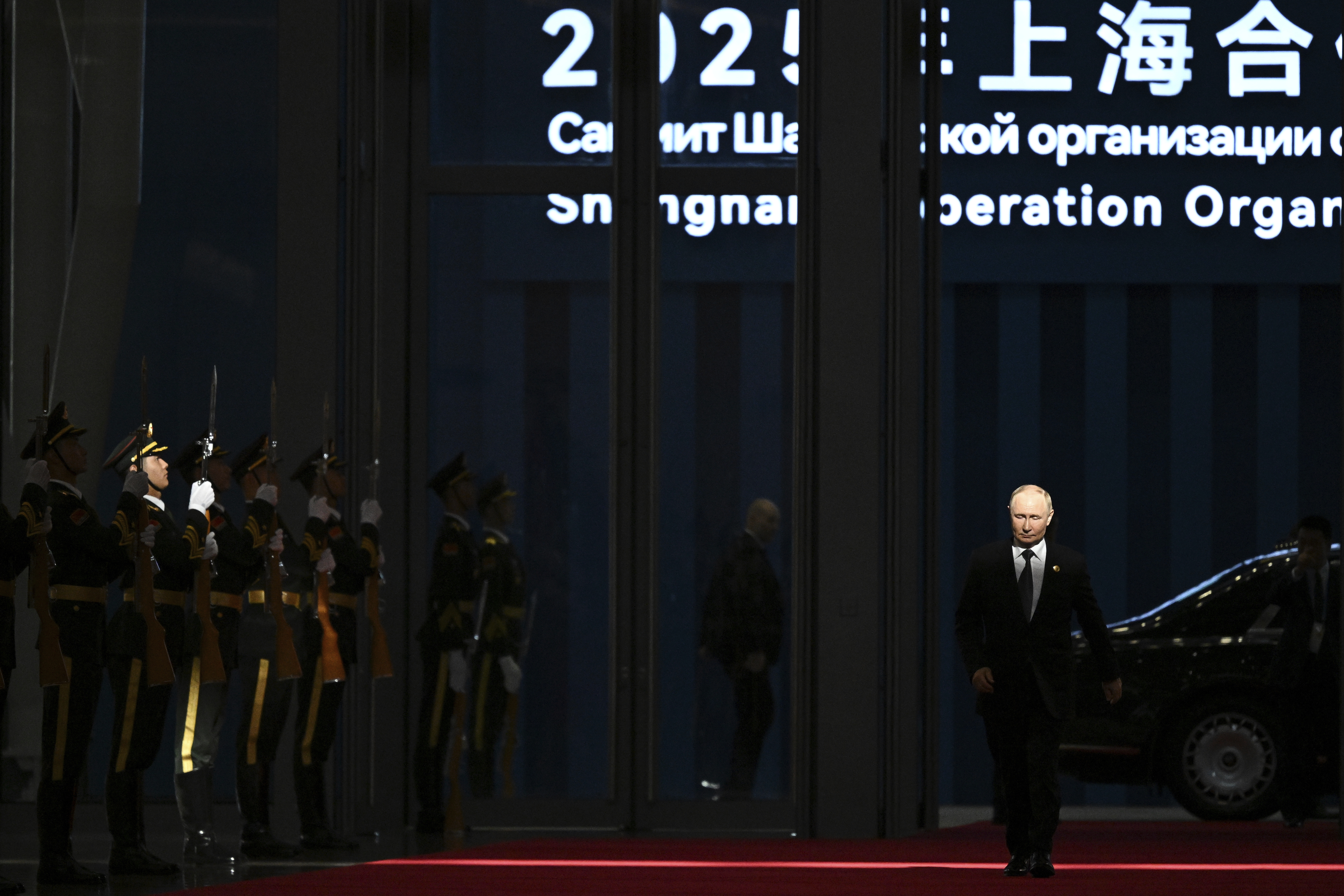Results of the SCO Summit: The Organization’s Role in Forming an Anti-Western Camp and Russia’s Place

Against the backdrop of internal contradictions, the SCO seeks to position itself as a key player in the formation of a multipolar world
The Shanghai Cooperation Organization (SCO) was originally conceived as a regional platform for coordinating security and economic development issues in Central Asian countries. However, in recent years, this structure has transformed into a political tool that increasingly opposes the West. The upcoming SCO summit demonstrates that the organization, uniting China, Russia, India, Iran, Pakistan, and several Central Asian states, is becoming the core of a new “anti-Western camp.” Despite numerous contradictions within the bloc, its role in the global balance of power is rapidly growing.
The SCO Considers Various Issues: from a “Security Club” to a Political alliance
Founded in 2001, the SCO initially had a rather narrow focus: resolving border disputes and combating terrorism. However, with its expansion (the accession of India and Pakistan in 2017 and Iran in 2023), the organization has gained new weight. Today, it encompasses over 40% of the world’s population and about a third of global GDP.
This scale allows Beijing and Moscow to position the SCO as an “alternative” to Western institutions. While NATO and the EU are built on principles of collective security and market economy, the SCO offers a different model – coexistence of authoritarian regimes where personal agreements among leaders play a key role, rather than institutional rules.
China Appears to Be the Architect of a New “Eastern Order”
For Beijing, the SCO is a tool for implementing its global strategy. China actively uses the organization to advance its “Belt and Road Initiative,” transforming Central Asian countries into a corridor for the export of goods and investments.
Xi Jinping sees the SCO as a political platform that supports his concept of the “Global Security Initiative” – an alternative to the Western order, where the focus is not on democracy but on “respect for sovereignty” (read: the right of authoritarian regimes to repression and aggression). For China, the SCO summit is an opportunity to once again demonstrate that Beijing has allies who share its vision.
Russia Has Taken the Place of a Junior Partner with Exaggerated Ambitions
For Moscow, the SCO is one of the few international platforms where it can still appear to act “on equal terms” with major powers. However, the reality is different: Russia is increasingly becoming a junior partner to China.
Economically, the Kremlin has little to offer its partners beyond cheap energy resources and weapons. At the same time, it is through the SCO that Moscow tries to demonstrate its “non-isolation”: Putin’s presence at the summit is intended to convince Russian society that the country still has allies.
In practice, however, Russia is more of a source of problems within the SCO. Central Asian states fearMoscow’s aggressive policies and try to balance between Moscow and Beijing. India, meanwhile, openly distances itself from Russia’s plans to use the organizationწ
System: organization as an “anti-American bloc,” as New Delhi has its own agenda, including its conflict with China.
Iran and Pakistan Are Working to Strengthen the “Anti-Western Core”
Iran’s accession was a significant milestone: a country that has been under U.S. sanctions for decades gained a new platform for political legitimacy. Together with Pakistan and Russia, Iran forms a more radical “wing” of the SCO that advocates for maximum confrontation with the West.
For Pakistan, the SCO is primarily a way to balance between China and the U.S., but its cooperation with Beijing in security and energy makes it a de facto ally of China’s strategy. Thus, the SCO is increasingly shifting toward an alliance of authoritarian regimes that oppose Western institutions.
The Anti-Western Dimension: Where Interests Align
Despite contradictions among its members, the main unifying factor of the SCO remains criticism of the West. All members of the organization have their grievances with the U.S. and the EU: China over Taiwan and trade wars, Russia over the war in Ukraine and sanctions, Iran over its nuclear program, and Pakistan over Washington’s support for India.
This is why SCO summits increasingly sound like “anti-Western forums.” They adopt statements about the “unacceptability of sanctions,” advocate for a “multipolar world,” and call for the creation of new financial mechanisms outside the control of the dollar. In this way, the SCO seeks to shape an alternative discourse in which the U.S. and the EU are portrayed as “destabilizing forces.”
Key Outcomes of the Summit
Particular attention at the summit was given to economic issues. China is promoting settlements in yuan, which are already actively used in trade with Russia and Iran. Moscow, having lost access to the dollar and euro, supports this idea and seeks to make the SCO a platform for “de-dollarization.”
Energy was also a focus. Russia actively sells oil and gas to China and India at discounts, Iran offers its resources through Asian routes, and Central Asia is becoming an arena of competition for control over pipelines. This forms the energy foundation of the new “Eastern bloc.”
On the sidelines of the summit and in its final declaration, familiar themes were reiterated: a “multipolar world,” the “unacceptability of sanctions,” and the “need for peaceful resolution” (without mentioning Russia’s responsibility for the war). The Kremlin will try to use the summit’s outcomes to promote the idea of a “new global order” and legitimize its war against Ukraine. China, in turn, presents itself as the architect of an alternative world order.
However, internal contradictions among members (for example, between India and China) prevent the SCO from becoming a true military-political alliance like NATO. Instead, it remains a “political club” that increasingly serves as a symbol of anti-Western solidarity.
Volodymyr Kuznetsov, communications specialist, expert at the United Ukraine Think Tank